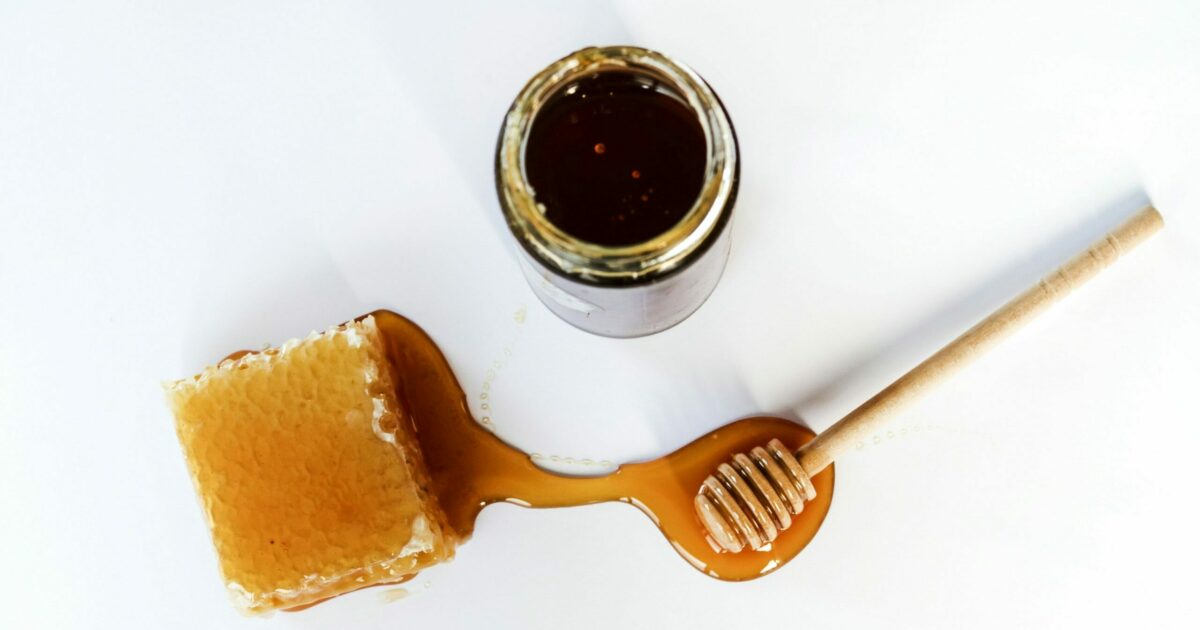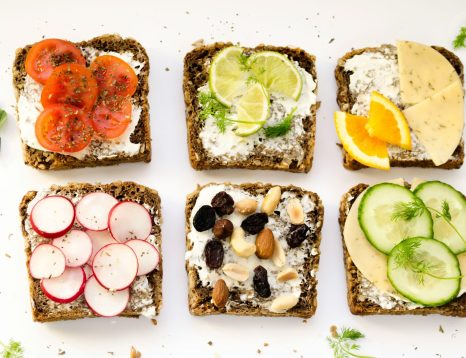
Originally, people observed bees on trees and rocks to locate honey. They then developed various means and techniques to collect the honey, such as using smoke to calm the bee so that they could take the honey without being stung by the bees.
Honey was used as food and medicine.
The activity with bees began about 4,500 years ago in Egypt and Greece. The ancient Egyptians developed complex techniques for honey production.
Later, the Romans, Arabs and Medieval Europeans continued the tradition of bee activity and honey production. In modern times, honey production has become a large industry, with many countries around the world producing honey.
Today, honey is considered a healthy and tasty natural product that is used in many recipes and health products.
Nutritional value of honey per 100g
Calories: 338 kcal
Sodium: 4 mg
Potassium: 52 mg
Carbohydrates: 84.1 g
Fiber: 0.2 g
Sugars: 84.1 g
Protein: 0.3g
Vitamin C: 0.5 mg
Calcium: 6 mg
Iron: 0.4 mg
Magnesium: 2 mg
Benefits for the organization
- Speeds up recovery
- It is tonic
- It has a healing effect
- It has an antioxidant effect
- It has an aphrodisiac effect
- It has a cosmetic effect
- Strengthens the body
- It is a natural source of energy
- Contributes to good gastrointestinal health
- It helps to treat sore throat and cough
- It helps relaxation and better sleep quality
- It's a probiotic
- Fight it hangover
- It has an antimicrobial effect











